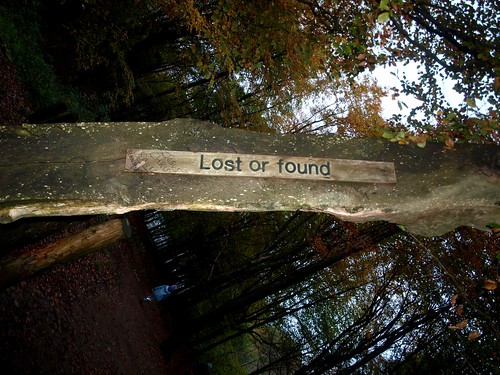Jim Groom and Tim Owens have been running a Domain of One's Own project at UMW. And to my delight they've kicked it off with a staff development program based around reading my book. I think all universities should do this!
You can see some of the posts here. As the author it's been very interesting to see some of the reactions from what I guess are atypical readers. I think most of the people who read my book are kind of interested in the subject, so there's an element of preaching to the converted (although I try not to do any preaching). But with Jim's faculty I guess they're people who wouldn't have read it. And the book brings out different concerns and reactions in them, many of which hadn't occurred to me. This going beyond your usual readership is a salutary lesson for any writer, and has made me rethink some of the way I write.
In his post Jim comments:
"I understand it would be impolitic for Martin to mention this in the book given his audience, but for me that is the real radical line of reasoning for open scholarship—a clear picture of just who the people behind the ideas ideas are, and what “such people” represent more tangibly as human beings."
I don't know about impolitic, I just forgot to mention it. Whenever I do sessions on social media for educators I always address this point. Getting the balance right is difficult. Jim is absolutely correct, it's the personal that leads to engagement, and this is a very different voice from the objective one of academic papers (which is not to say it's better or worse, just different). So you need to put an element of personal in there, the people I follow on blogs and twitter don't just broadcast cold ideas. But having said that, one of the mistakes I think people make when they first start blogging is to go too personal. I'm not particularly interested if you went to the cinema last night and the film was quite good and then you had a curry.
So It's about that bridging between personal and professional. Now if you went to the cinema, and had a revelation about open access while watching a 3-D slasher movie, I'm interested. I think the personal element is essential in good online presence (but that doesn't mean I want to know when you've had an argument with your spouse). Which raises the question, are there some roles where it's effectively impossible to do good social media? I think it's very difficult to be a police officer or politician or senior manager online as you end up having to sanitise every output to the point where it becomes unengaging. If you don't there are people who will use it against you. So, as you go higher up the career ladder maybe effective online presence becomes more difficult.
In Amis's The Pregnant Widow the main character finds financial success but as soon as he does, his ability to write poetry dries up. You can't have both. Maybe that's the way it goes with social media.


